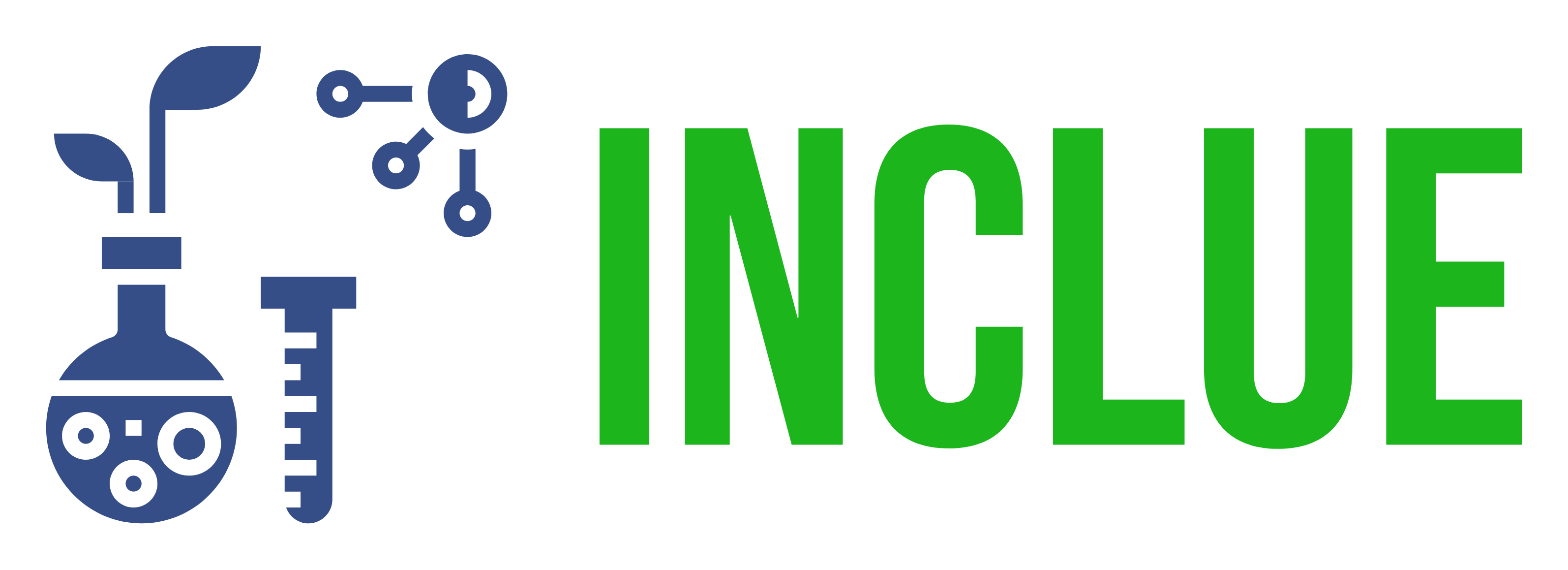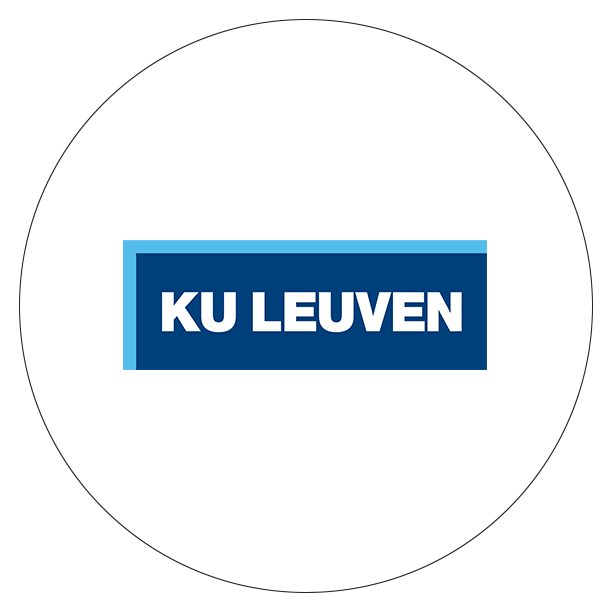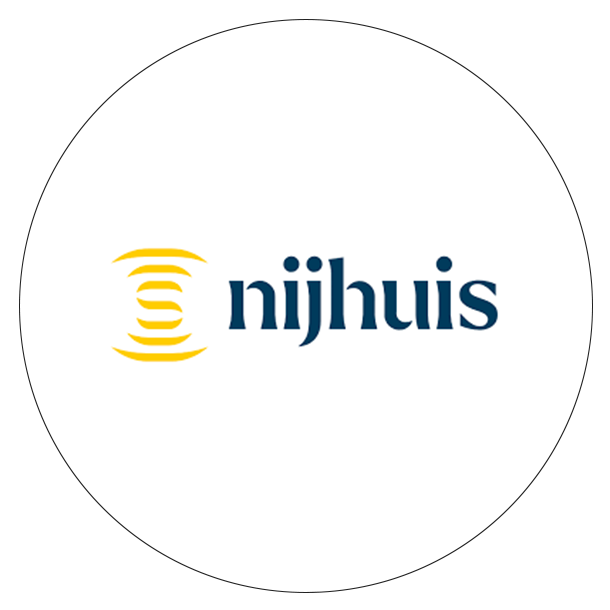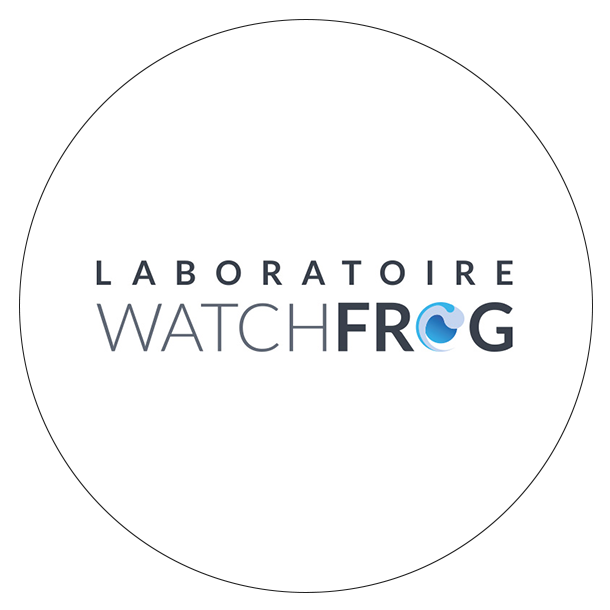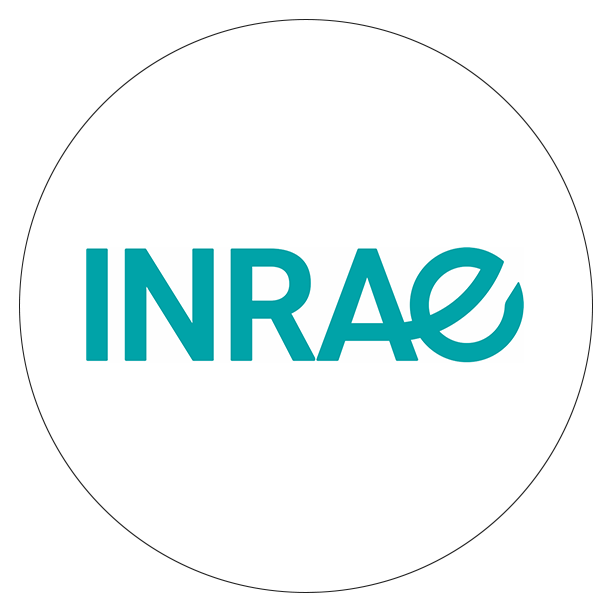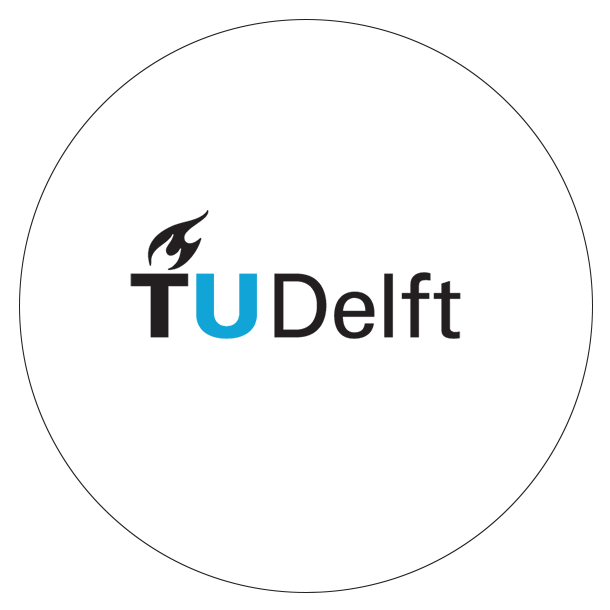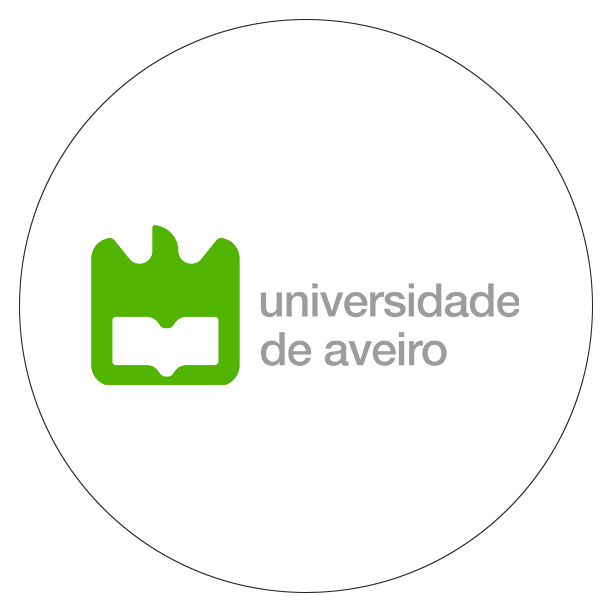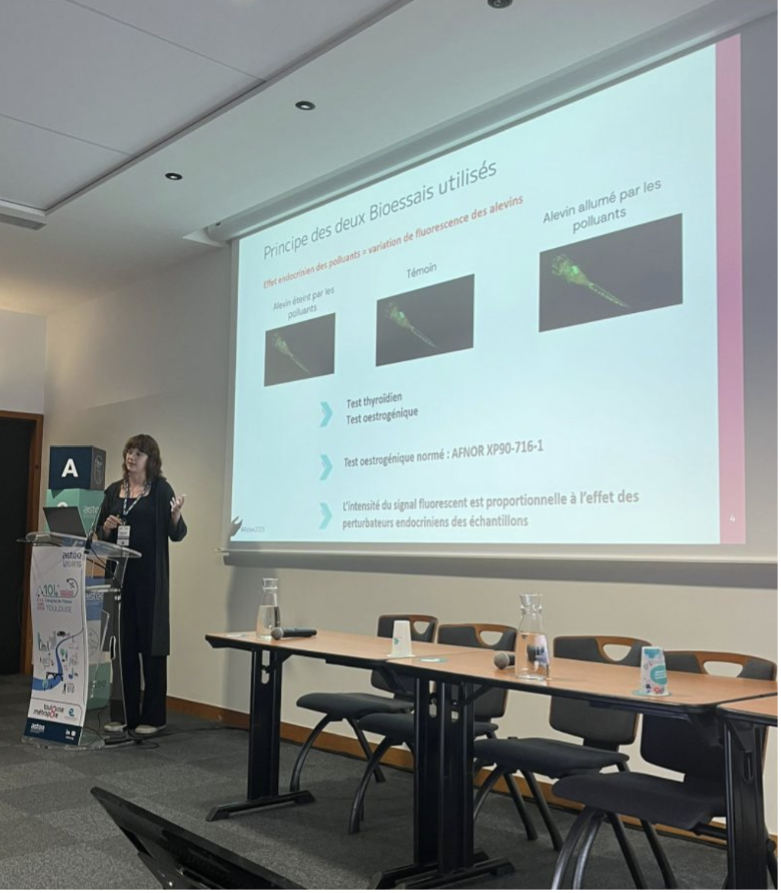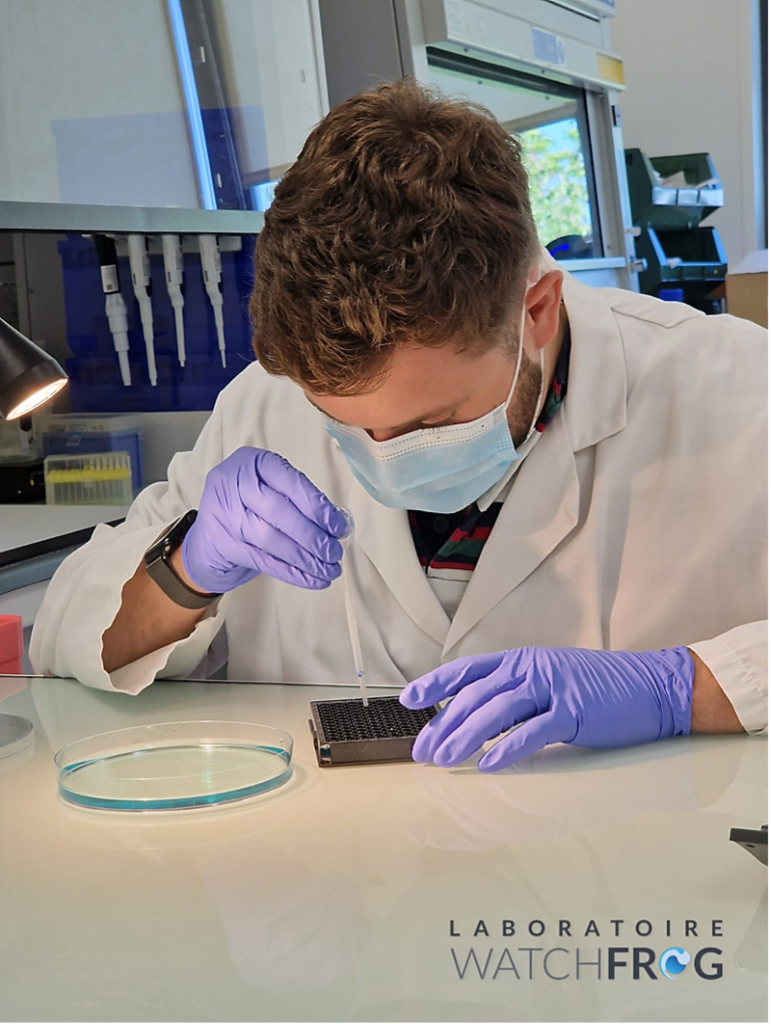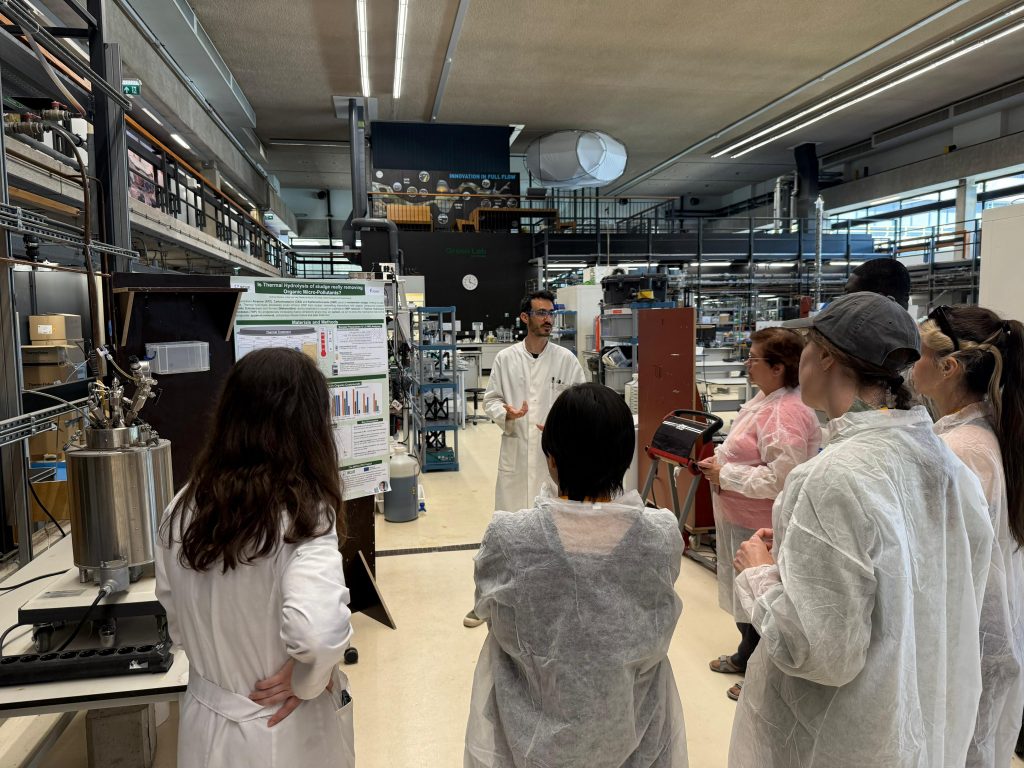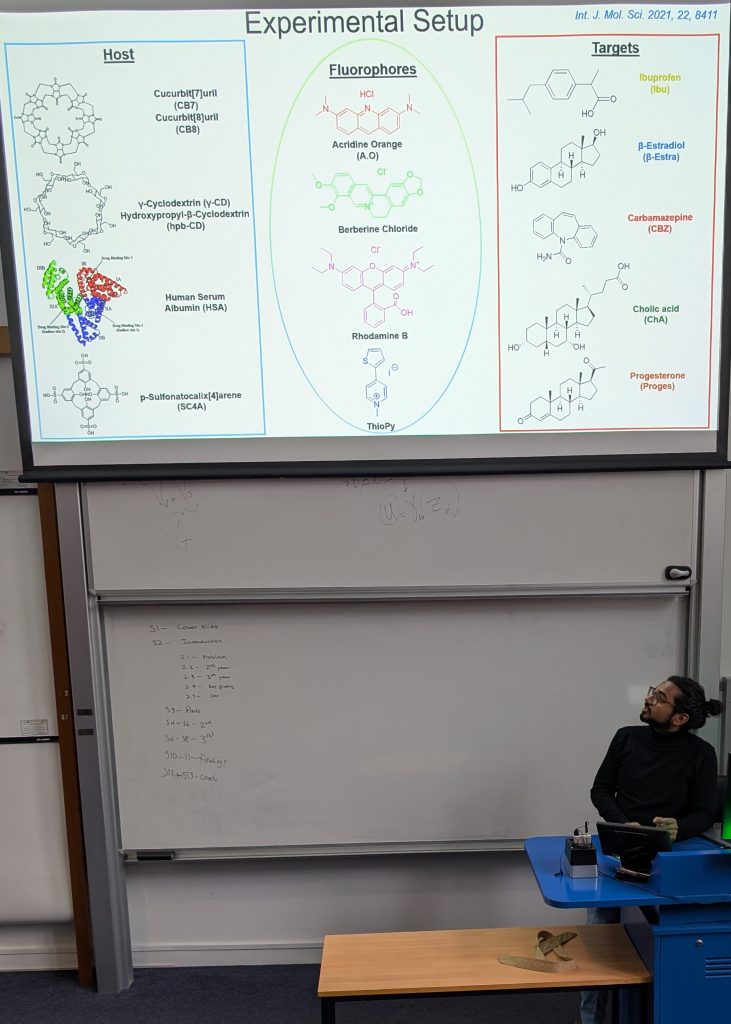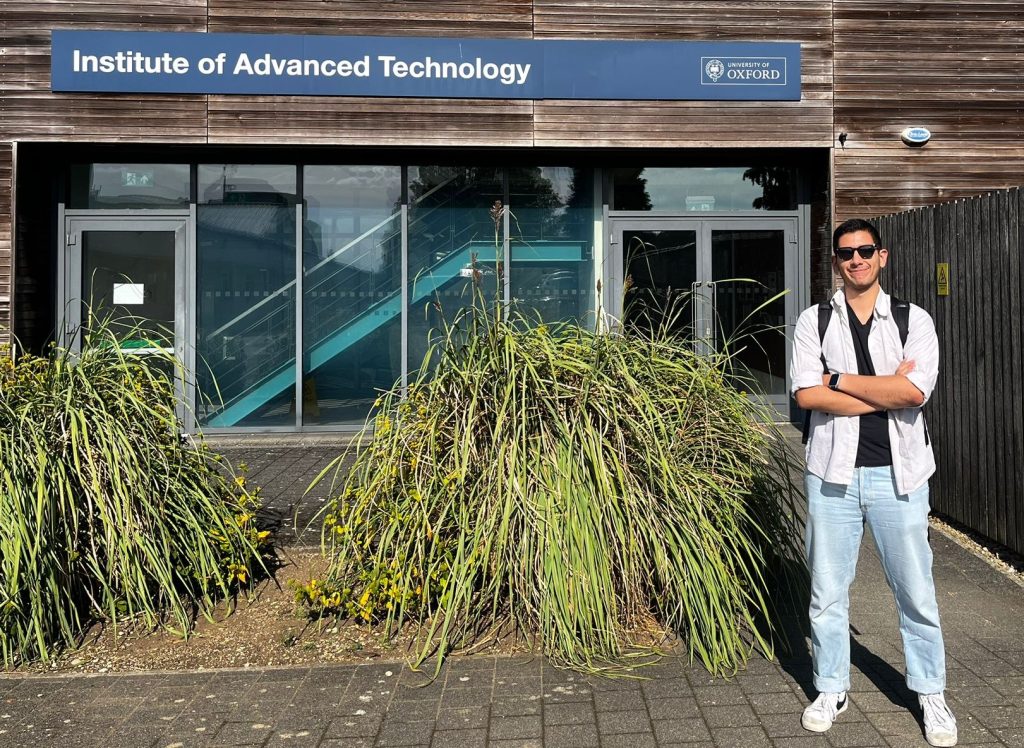
DC1 begins secondment at University of Oxford
Francisco Ayala, DC1 from KU Leuven, has begun on July 2nd his secondment at James Kwan’s research group (University of Oxford), internationally recognized for its expertise in sonochemistry and reactor engineering. Here, Francisco will deepen his research on ultrasound degradation and defluorination of PFAS. Prof. Kwan’s group is uniquely equipped with state-of-the-art and in-lab developed ultrasound reactors that can operate across a wide range of frequencies and pressures. This will allow Francisco to explore how mid- and high-frequency and pressures influence PFAS degradation pathways, defluorination efficiency, energy consumption, and by-product
